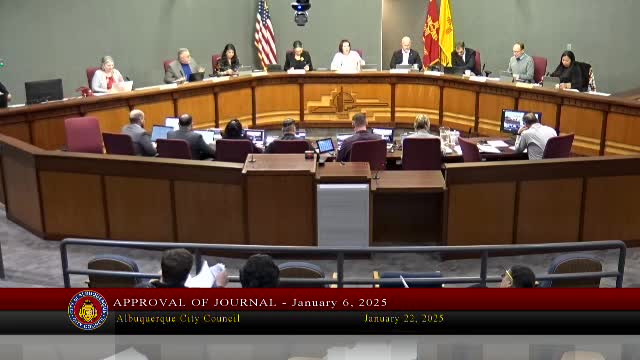Article not found
This article is no longer available. But don't worry—we've gathered other articles that discuss the same topic.
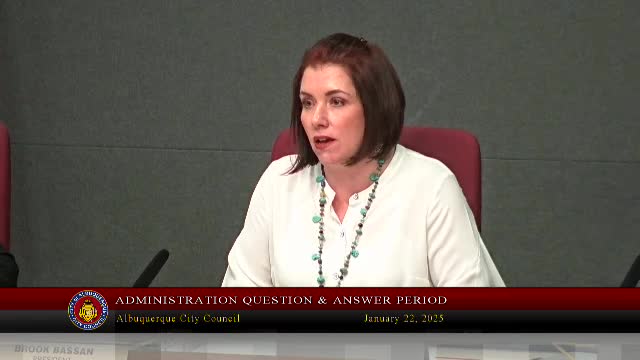
Planning director says ABQ Plan migration is ahead of schedule; inspections continuing during short transition
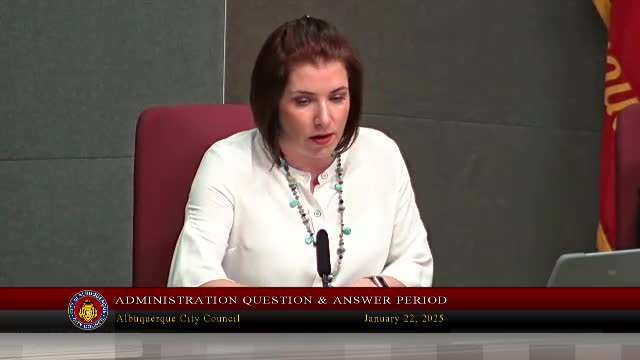
City to replace stairways at Beach Apartments after repeated maintenance; tenants relocated and offered temporary aid
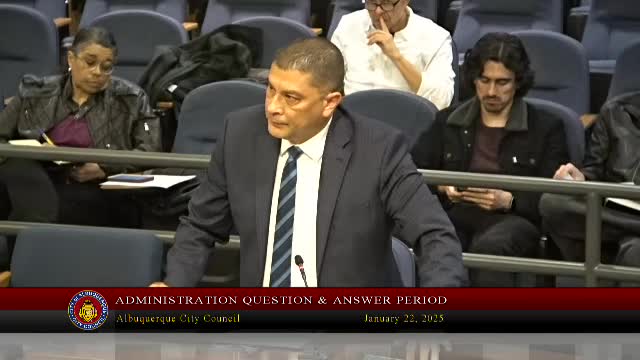
Councilors press administration over feces-cleanup program, contractor use and PPE after disputed video
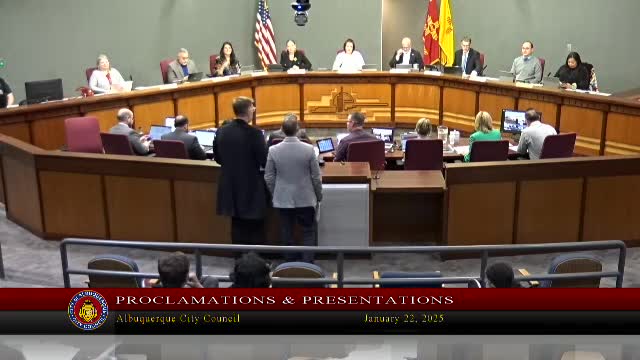
Producers pitch 'Bands of Enchantment' as local jobs and marketing engine for Albuquerque
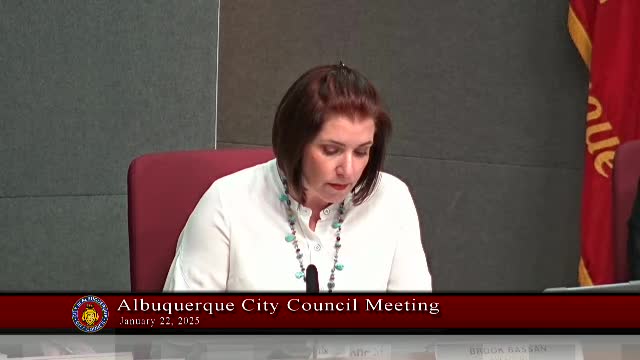
Albuquerque starts seven-day point-in-time count amid signs of rising unsheltered and senior homelessness
